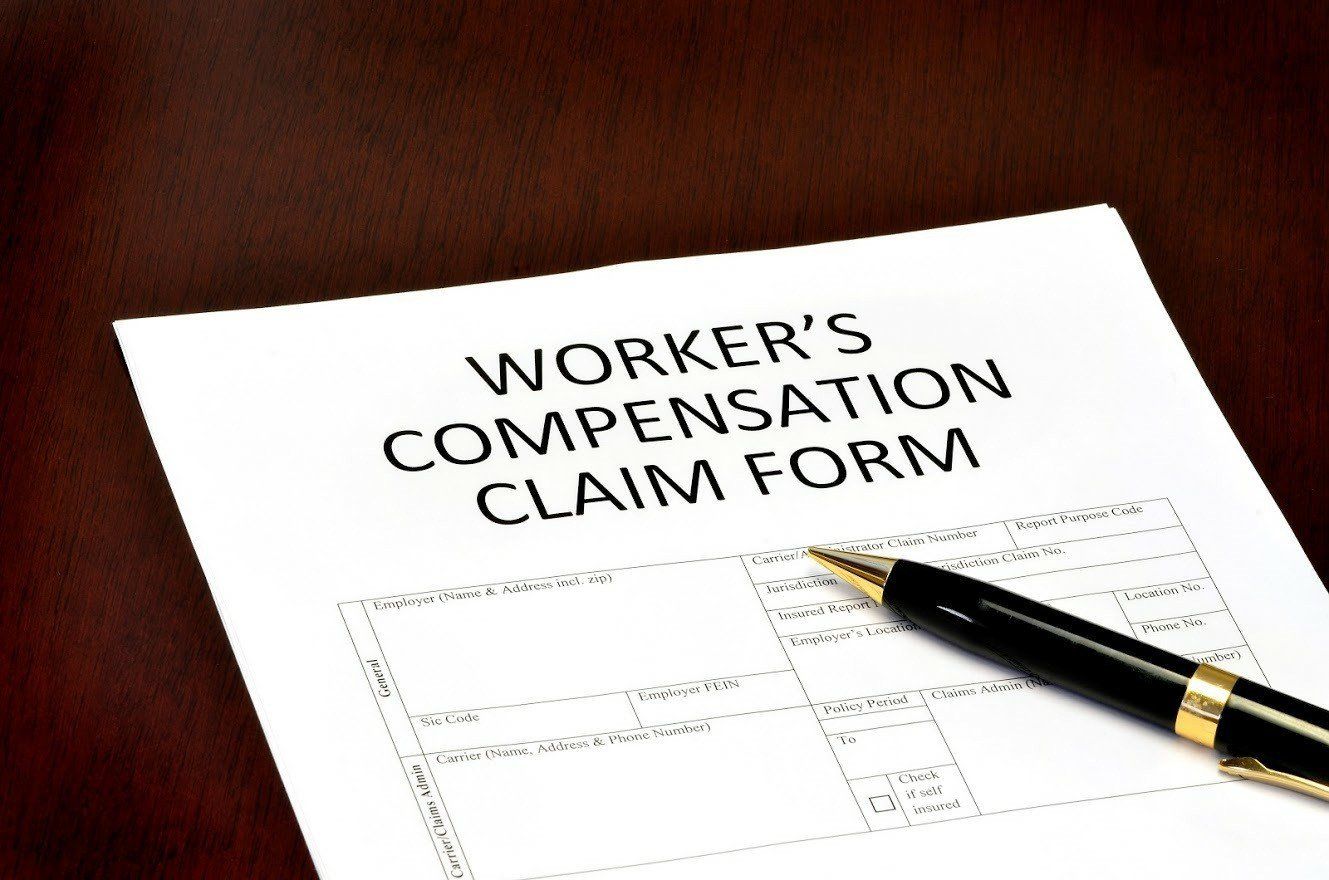Issues That Might Complicate Your Workers' Compensation Claim

Workers' compensation claims are usually more straightforward than personal injury claims. The difference arises because you don't have to prove liability in a workers' compensation claim. However, some workers' compensation claims can still be complicated. Below are some of the issues that can trigger such complications.
Insufficient Evidence
Workers' compensation may be a no-fault remedy, but you do need to prove evidence of your injury. You may need to prove:
- Where you were injured
- What you were doing at the time of the accident
- Your injury's extent
Proof comes in various forms, such as:
- Eyewitness testimony from someone who witnessed the accident
- An accident report from the supervisor or employer
- Medical records
- Photos or video footage of the accident
You might struggle to prove your claim without sufficient evidence. Thus, injured employees should always move fast to gather and preserve evidence after an accident.
Lack of Coverage
Workers' compensation benefits come from insurance companies. Thus, you can only get the benefits if workers' compensation coverage applies to your injury. Below are some complications that can trigger coverage issues.
No Insurance
Your employer must purchase workers' compensation insurance for you to get the benefits. With a few exceptions, Georgia requires all employers with at least three employees (full-time, part-time, or seasonal) to purchase the coverage. You might have to file a personal injury claim against the liable party if your employer doesn't have the coverage for one reason or another.
Excluded Injury
Workers' compensation only applies to work-related injuries. For example, you might struggle to get the benefits if you got off the premises during a break and suffered an accident then. In such a case, you must prove that your break activities were work-related. For example, you may succeed with your claim if you were picking up a package for your boss during the break.
Excluded Worker
Workers' compensation doesn't cover all workers. Examples of excluded workers include:
- Farm laborers
- Independent contractors
- Domestic workersNew paragraph
Such workers often have separate remedies for work-related injuries. Thus, you must prove that you are not on the exclusion list before enjoying your benefits.
Post-Firing Filing
You can file a workers' compensation claim at any time. However, the workers' compensation department is usually suspicious of those who file claims after their bosses lay them off.
Consider a case where you slip and fall in your office, spraining a joint. However, you don't file a workers' compensation claim until a couple of weeks later, after your boss fires you. In such a case, workers' compensation might think that you are on a revenge mission. You must prove the genuineness of your injury to succeed with the claim.
Discrepancies
A successful workers' compensation claim thrives on documentary evidence. You may need evidence in the form of:
- An accident report
- Medical care records
- Drug prescriptions
- An independent medical examination report
Ideally, all these records should say the same thing about your injury. Consider a case where your treatment records show less serious injuries than your accident report. In such a case, you must iron out the discrepancies before you can get your benefits.
Pre-existing Conditions
Pre-existing medical conditions mean you must separate your current injuries from your past injuries. Workers' compensation benefits will only apply to the current injuries you sustained on the job.
Say you have suffered a slip and fall accident in the workplace while recovering from auto accident injuries. Your claim won't be straightforward because the insurance company doesn't want to compensate you for your auto accident injuries.
The Law Office of Paul R. Bennett deals with many workers' compensation claims. We have the skills and experience to handle even the most complicated cases. Contact us for a consultation on your workplace injury to determine how to get your benefits.
Browse Our Website
Contact Information
- Mon - Fri
- -
- Sat - Sun
- Appointment Only











